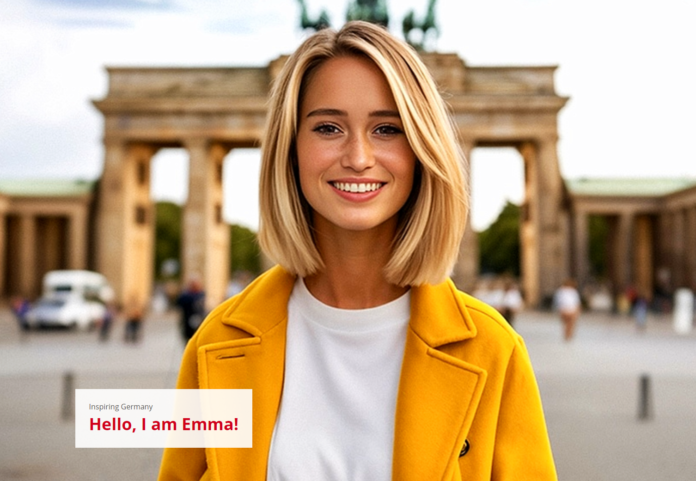The German National Tourist Board has unleashed Emma, an AI travel influencer, to promote the country’s scenic landscapes and cultural treasures. Marketed as a cutting-edge innovation in tourism marketing, Emma promised to reshape how travelers experience Germany virtually. Instead of applause, however, her debut stirred controversy, drawing sharp criticism from real influencers and skeptical audiences alike.
An Ambitious Vision, A Rocky Start
The concept behind Emma was bold: leverage Artificial Intelligence to create a 24/7 travel ambassador who could promote Germany across digital platforms. With her sleek visuals and curated travel guides, Emma was designed to inspire wanderlust while saving costs compared to human influencers. However, execution issues plagued her debut. Inaccurate details, mismatched voice synchronization, and overly polished visuals left viewers unimpressed.
Critics argued that Emma’s content lacked the emotional connection essential for inspiring real travel. Instead of immersing audiences, her digital perfection felt sterile and unrelatable—a stark contrast to the personal stories human influencers share.
Human travel influencers were quick to respond, accusing the initiative of undermining their craft. Many argued that AI influencers like Emma represent a cost-cutting measure that devalues the authenticity and effort real influencers bring to the table. Creators voiced their frustrations on social media. The backlash was swift, with users accusing Emma of being inauthentic and undermining the work of human travel creators.
“How can a fake person in a fake place ‘inspire’ anyone to travel to a real place?” asked one commenter, encapsulating the skepticism of many. Others noted that while Artificial Intelligence might simplify marketing logistics, it risks eroding the genuine storytelling that makes travel content engaging.
What Emma Means for Tourism Marketing
Emma’s launch raises important questions about the future of tourism marketing. Can AI influencers like her coexist with human creators, or do they pose a threat to authentic storytelling? While Emma might save costs and operate at scale, her early missteps highlight the challenges of balancing innovation with audience trust.
As brands like the German Tourist Board explore the potential of AI, the backlash against Emma serves as a reminder. In the world of travel, authenticity remains irreplaceable. Brands—including AI companies—must navigate challenges of authenticity, consumer trust, and ethical concerns.
